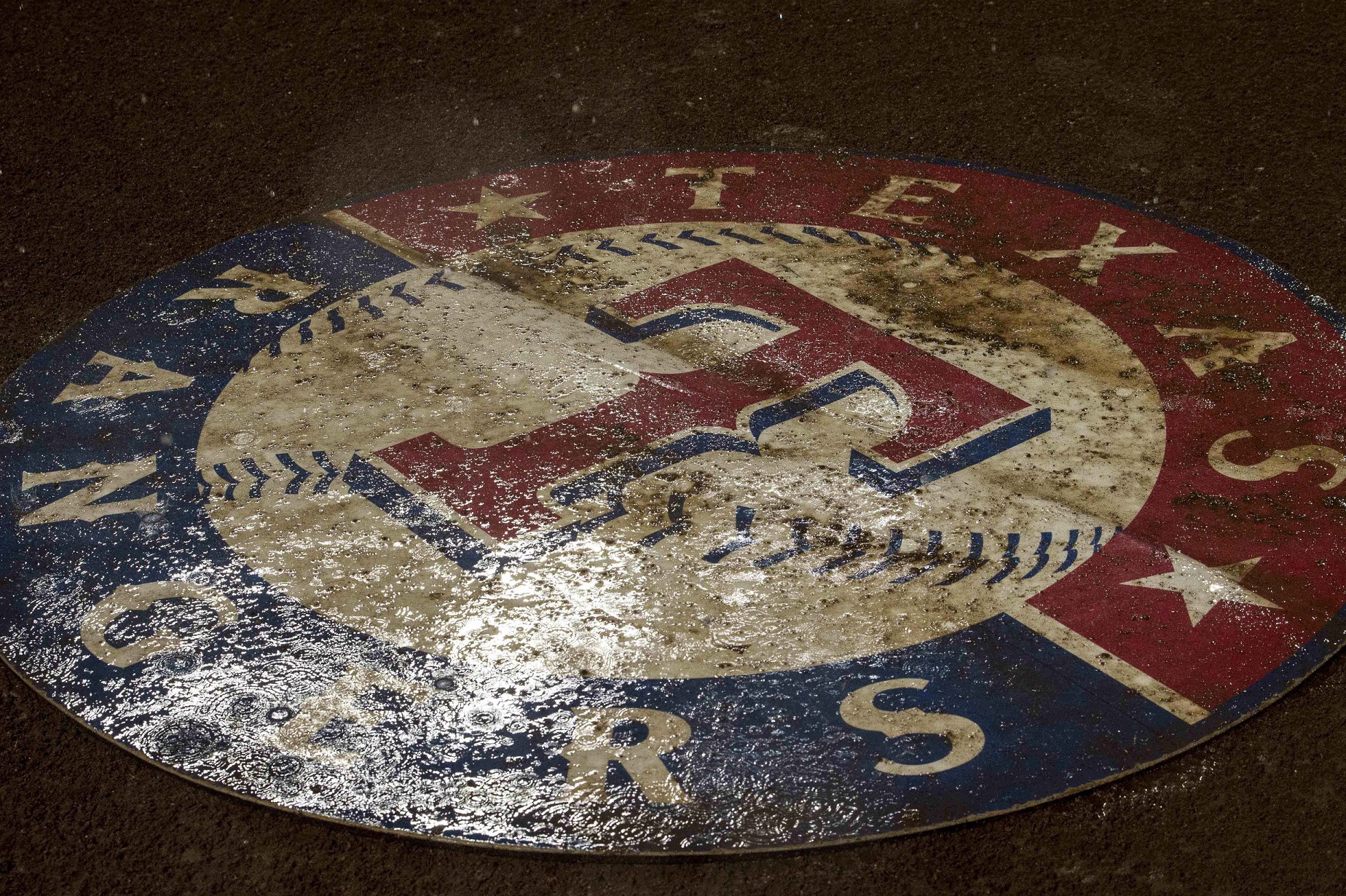Earlier this afternoon, Evan Grant of The Dallas Morning News sent out the following tweet containing a Texas Rangers press release:
NOW, this is way cool from #TexasRangers for y'all who want to go into baseball pic.twitter.com/53G244Pgnt
— Evan Grant (@Evan_P_Grant) May 3, 2018
On the surface, this looks like a great new initiative to help get young people interested in analytics and to, potentially, help those who are less financially advantaged from getting an early foothold into the baseball world and to ease their ability to complete a post-secondary education. Some student will have their life dramatically changed for the better. For that, the Rangers absolutely deserve to be praised.
But there is a lot more going on here than a simple minor scholarship. Take a closer look at that press release to see what the Rangers are asking for in the application. In order to be eligible for the $5000, one-time scholarship, people must submit “original formulas or statistics to provide previously immeasurable projections, indicators of future success, measurements of risk, or player valuation.”
To sum that up, they are asking non-employees to submit a brand new way of evaluating talent to a major league baseball front office for a potential reward of $5000. And that money is only going to one person. They could be getting hundreds, even thousands of submissions. Even if only a few dozen of them contain useful statistics, that’s a huge boost to the Rangers’ baseball operations. For $5000 total.
In short the Texas Rangers have just crowd-sourced the research and development section of their analytics department.
It was only a matter of time before this happened, of course. Baseball research took massive leaps forward when the PITCHF/x data was accidentally released to the public. In fact, many front offices today are made up of people who took publicly available information and used it to develop new and interesting ways to analyze the game. Dave Cameron, the patron-saint of Fangraphs, is now in a key development position in San Diego. Kevin Goldstein of Baseball Prospectus is running pro scouting for the defending World Series Champion Astros. Tom Tango was hired by our Toronto Blue Jays. The list goes on and on and on.
With the recent release of Statcast data and the constantly updating nature of that resource, there is room for a brand new boom in baseball analytics from the public sector. The Rangers have just taken things to the next level.
Instead of bringing a brilliant mind from the public sphere into their front office, they are getting people to give their best work for free, privately, all for the chance of a one-time reward. Texas can then do this again next year, the year after that, and so on for a tiny fraction of the cost of paying a full-time employee to develop statistics, a position that typically demands high level education. That allows the team to then reallocate those funds to other areas of their business.
At this point I should clarify that I’m not actually trying to assume that this nefarious aim is why the Rangers decided to launch this seemingly benevolent venture. It very well could be simply based on helping out youth and gaining potential insight into future employees. But the value is there and if the Rangers aren’t using this program as a means to gain a competitive advantage, someone else will. Baseball is a game of copy and paste, after all. When “Moneyball” launched, many teams started copying the on-base formula. The next thing was shifting, then framing, then bullpen-ing. The next step could now be crowd-sourcing. And that’s a problem.
Once all teams are doing this, the supply of baseball jobs will go down even further, driving the salaries down and qualifications up for entry level analytics positions. That will actually then have the opposite effect of making working in baseball more inclusive. It will instead drive it even further into the realm of the privileged, watering down ideas as more people start coming from identical backgrounds. That’s a very bad thing.
Am I playing this up as a doom and gloom scenario? A bit, maybe. But baseball has a history of choosing to save money over paying people (see: minor leaguers) when they get the opportunity to save a few bucks. This is a scary development, and I don’t like what it could mean for the game of baseball.
Lead Photo © Jerome Miron-USA TODAY Sports

Great idea…cheap organization though…this is no different than Netflix’s competition where they ask people – teams – to submit algorithmic equations to be able to predict movie’s and show’s popularity, except their prize is a cool $1M….how about a 4 year scholarship, full ride…
You’re right, it’s very similar. Though as you mention, the difference in the reward is where it gets problematic.